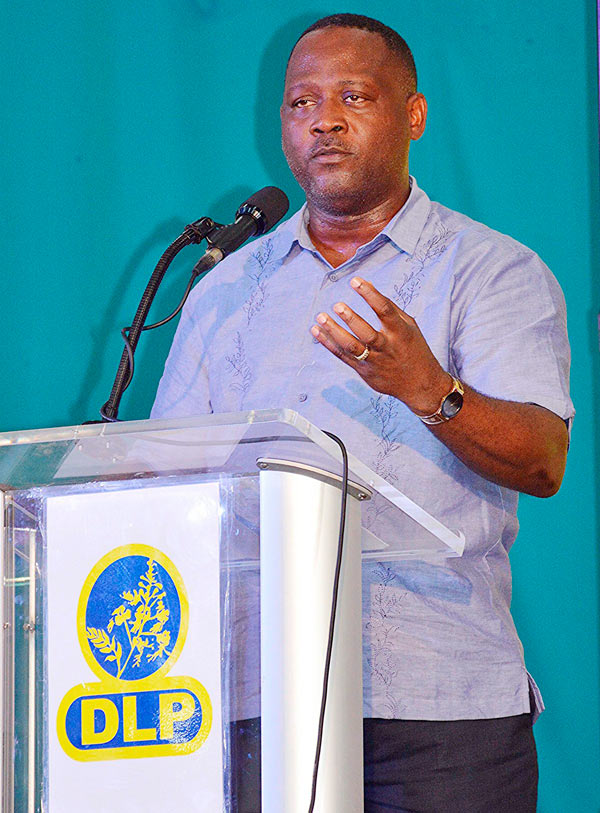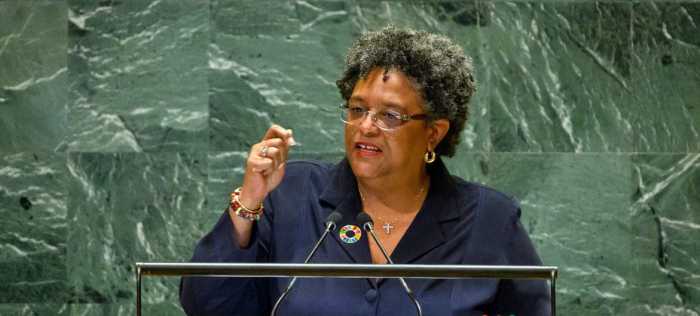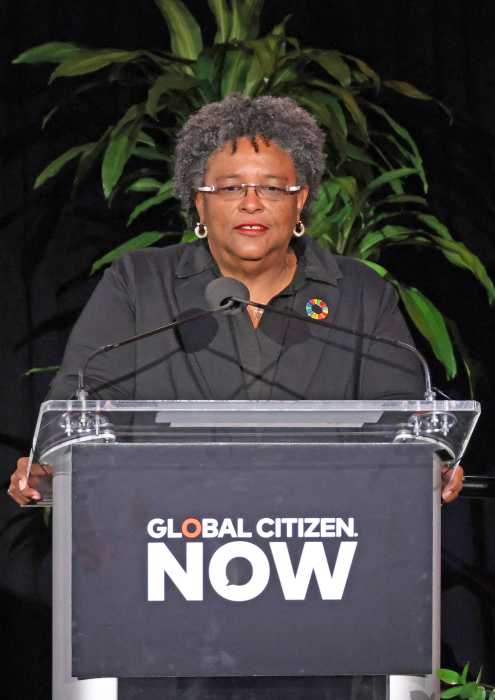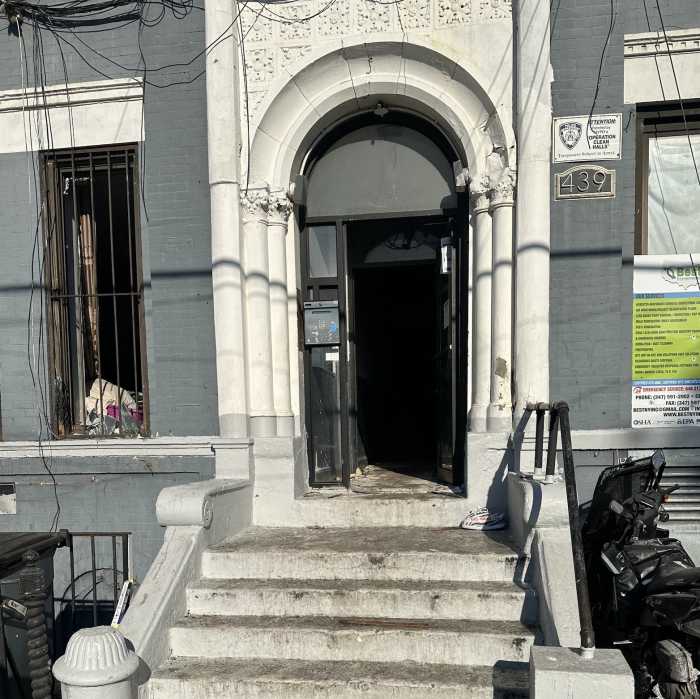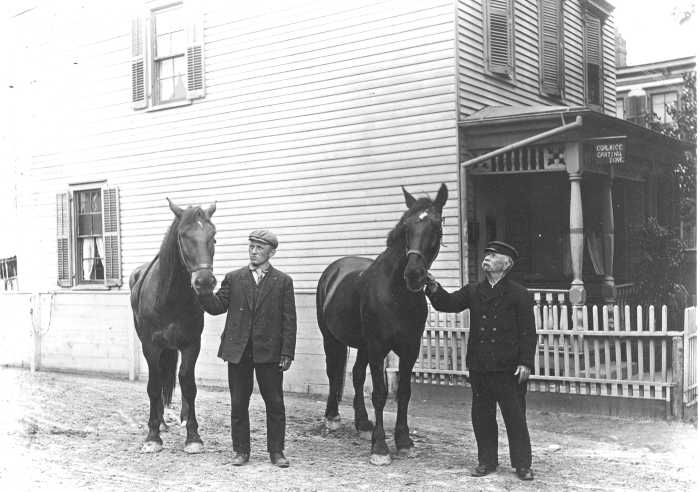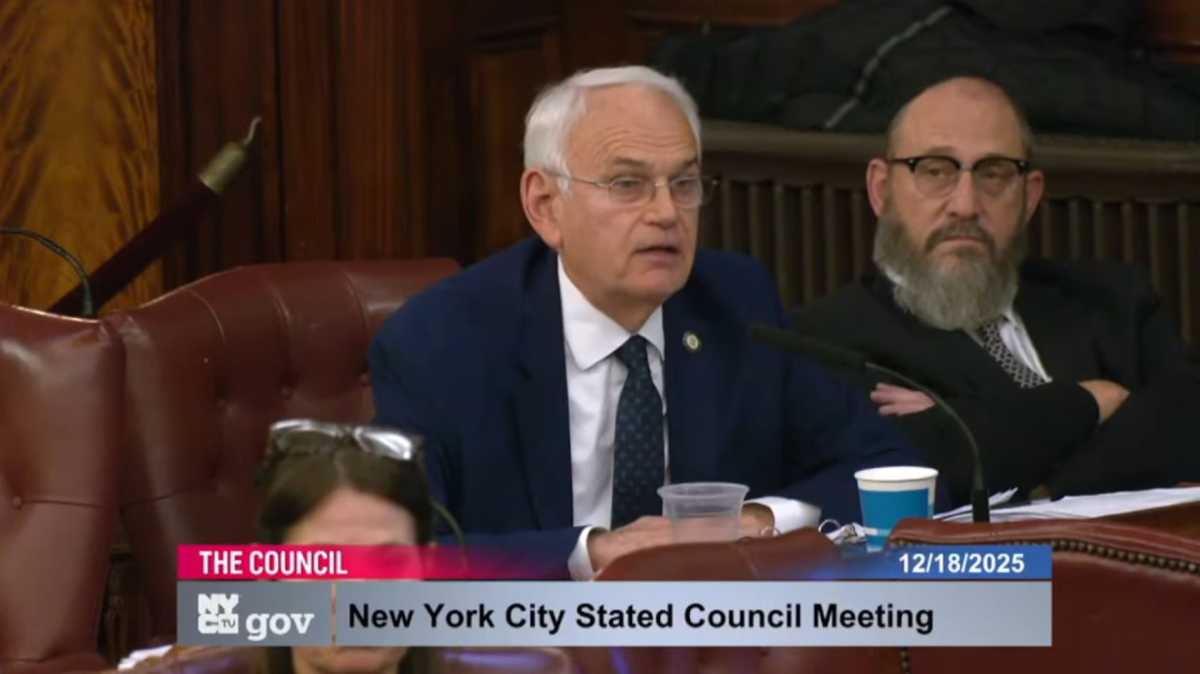In probably the first statement from this administration suggesting that television broadcast licences should be liberated on the island, Minister of International Business Donville Inniss said the state has no place in media operations, but should be providing only the regulatory environment.
Against the backdrop of only one TV broadcast licence being permitted in Barbados since independence in 1966, Inniss on Tuesday called for an issuing of multiple television broadcast licences and a rethinking on the role of the state-owned and sole licensed TV company, Caribbean Broadcasting Corporation.
“Any modern democracy places great emphasis on an independent media; on ensuring there is a very clear mechanism in place for granting of licences to operate media house,” he said, adding, “if we wish to give television licences to others, give them. Just ensure that they have the right environment”.
In what is regarded to be somewhat of an irregularity for this island as a developing country solid in, and renowned for, practices of democracy, successive Barbados governments have never seen it fit to open TV broadcast licences to private enterprise.
TV broadcast licences are subject to approval of the relevant minister of government.
Inniss said, “the state needs to focus more on creating and maintaining the best regulatory environment that covers all types of media in Barbados, and all types of media houses, and not necessarily lock itself into just the ownership and operation of a few media houses”.
The business and commerce minister found reason for these statements in Parliament where Government was seeking, and obtained, approval to grant CBC Bds$9.2 million (Bds$1 = 50 cents US) to help it pay mounting outstanding debts.
While devoting much of its broadcast content to political information suitable to the government of the day this state-owned TV station has for many years been challenged with financial sustainability and is currently in debt to the tune of over Bds $106 million.
But in a show of the strong political hand that guides operations of that entity, its management had last year refused an offer of payment from the Opposition Barbados Labour Party to run a delayed annual conference broadcast despite being heavily in debt.
That refusal of paid broadcast time in October of last year prompted BLP General Secretary, Jerome Walcott, to say, “apparently CBC a Barbadian station, financed by the tax payers of Barbados, which should be operating for all Barbadians seems to have a recurrent problem with the requests of this country’s main Opposition party the Barbados Labour Party”.
Implying that if Barbadians elect his party into government in the coming elections the granting of TV licences would be liberated, the BLP official said at that time, “the longest day must come to an end and eventually the people of Barbados will determine the fate and future of the CBC”.
With elections constitutionally due no later than the first week of June, and a mood swing evident in statements from both leading political parties, the fate of CBC may be one of elimination while Barbados sees the rise of private TV stations for the first time in its 52-year history as a nation.


